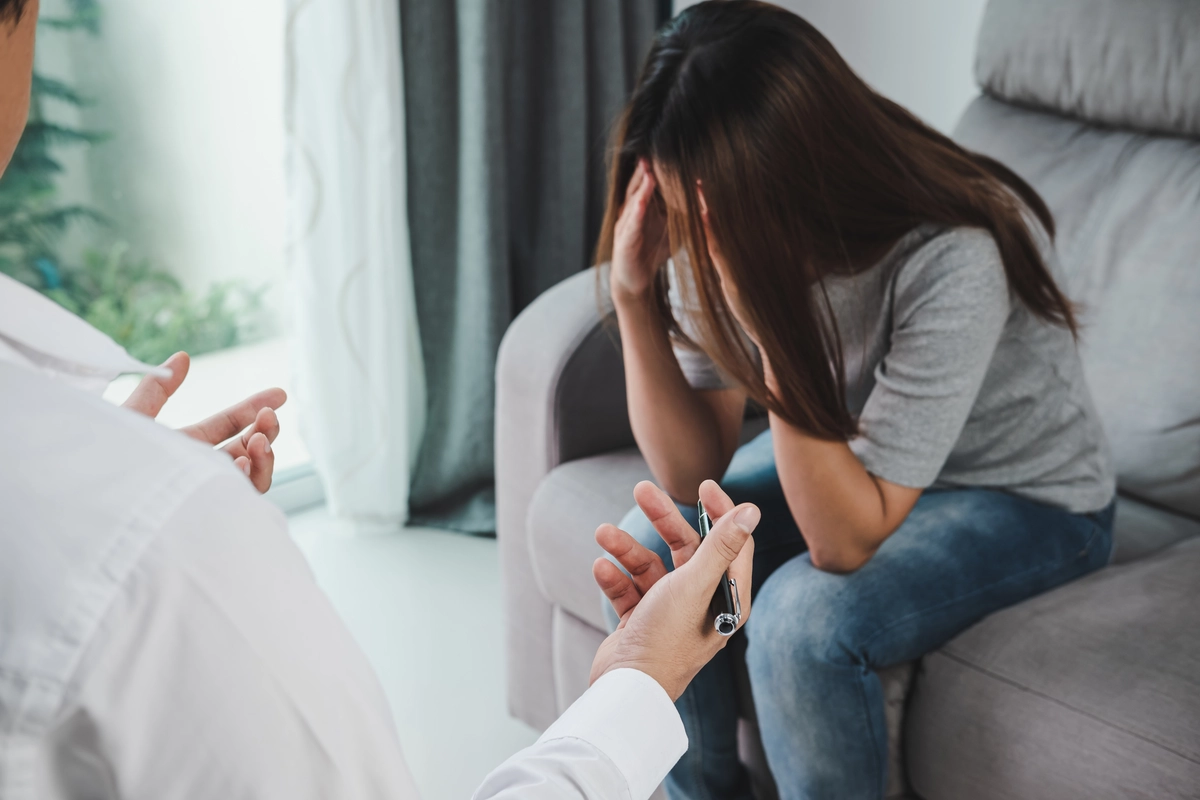24/7 Helpline:
(866) 899-221924/7 Helpline:
(866) 899-2219
Learn more about PTSD Treatment centers in Orange County

Other Insurance Options

Ambetter

Horizon Healthcare Service

WellCare Health Plans

Humana

Access to Recovery (ATR) Voucher

CareFirst

WellPoint

Excellus

Oxford

EmblemHealth

MHNNet Behavioral Health

AllWell

MVP Healthcare

BlueShield

Absolute Total Care

Premera

Kaiser Permanente

Ceridian

Magellan Health

ComPsych


































